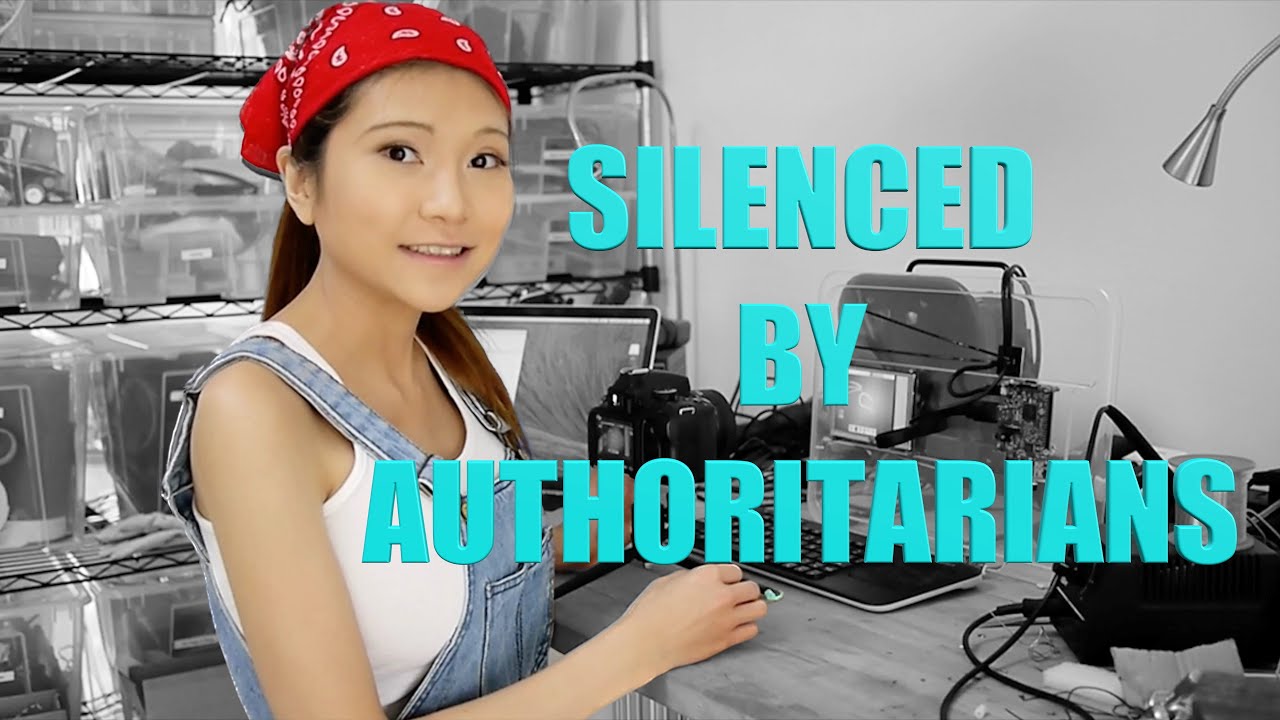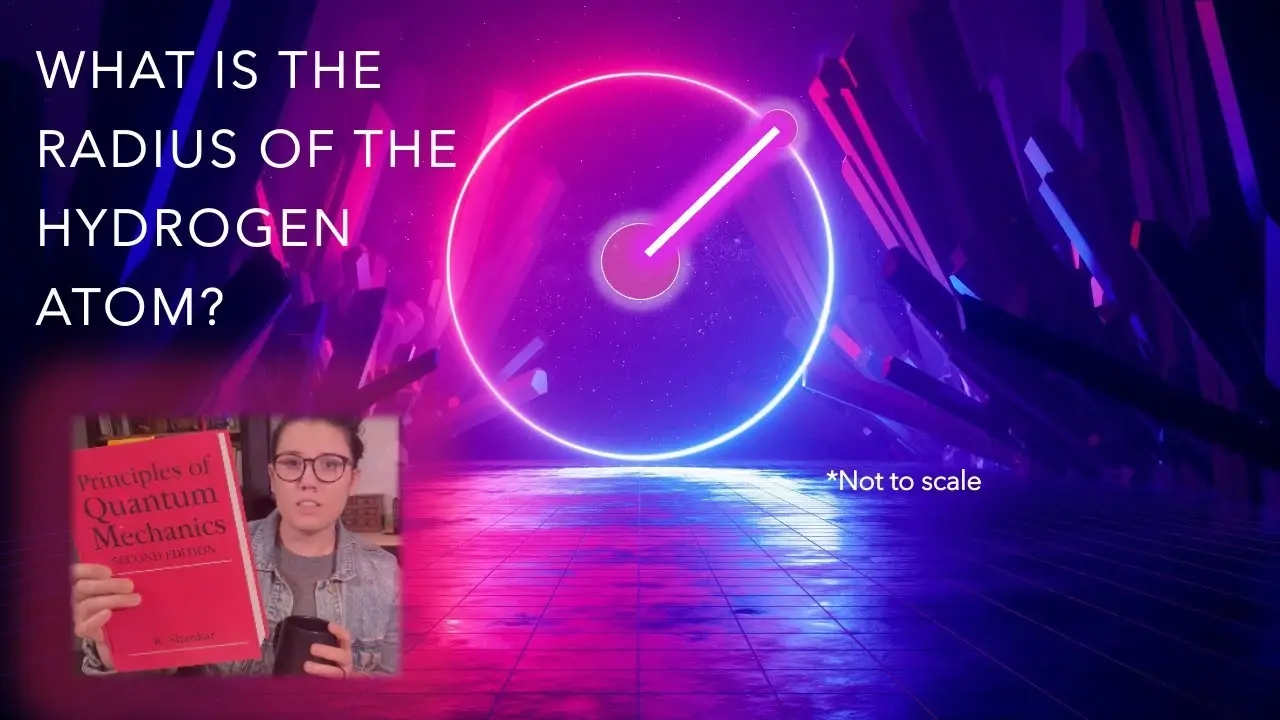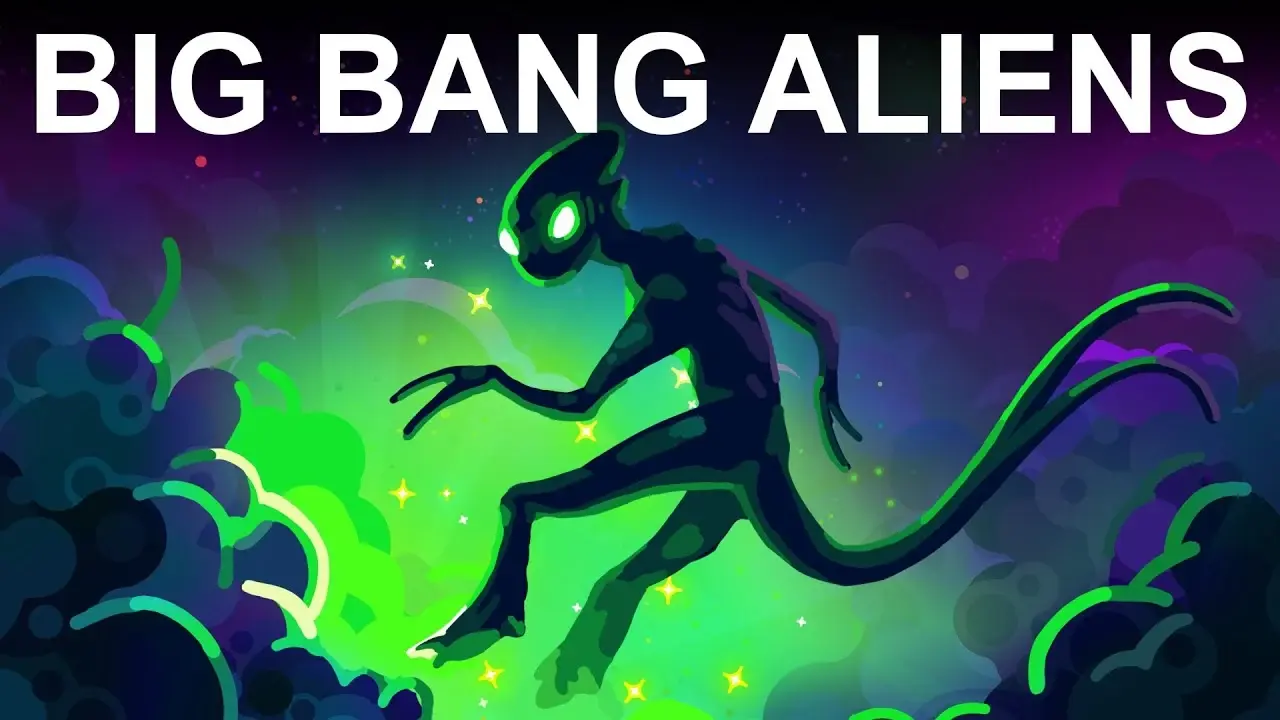Five
- 15 Posts
- 9 Comments

 5·8 months ago
5·8 months agoCongratulations!

 31·9 months ago
31·9 months agoFediverse links to current communities:

 11·9 months ago
11·9 months agoHello!

 51·9 months ago
51·9 months agoI’m really happy for Eugen’s success, and am grateful for his essential contribution to widespread adoption of the ActivityPub protocol, even though I don’t agree with him on a lot of things.

I think it was honest for him to acknowledge Google’s role in sidelining the XMPP protocol, and while I don’t want to quibble about the other mitigating factors, I do take issue with him comparing the trajectory of ActivityPub with SMTP with the visible adoption and mutually assured destruction of major corporations in maintaining email’s nominal interoperability.
If people haven’t read it yet, they should check out (already Fedi-famous for his article on Enshittification) Cory Doctorow’s article Dead Letters – about how it is impossible for even a well-known public figure with access to the best server infrastructure and technical know-how to run a small private email server hosting completely legal content serving nothing resembling spam in the age of Gmail, Yahoo, and Microsoft Outlook. There are several ways that federating with Meta can kill this movement, and ActivityPub becoming the new email is one of them.
Basically, if we allow Meta, BlueSky, and Twitter to federate, the very network effects Eugen mentions make it more valuable for them to federate with each other than any smaller server. Predictably they will underfund moderation staff who make errors or their faulty algorithms automatically de-federate smaller servers due to false-flagging spam. Small operators will have to work harder and harder until it is basically impossible for them to overcome the error or fix the problem and re-federate. Eventually small groups that aren’t directly sponsored by one of the giants will be weeded out, as their users migrate to more reliable services. Even if the disconnections and undelivered messages are not the fault of the sysops, they will be scapegoated, and eventually more and more will throw up their hands and leave the rigged game.
While having a protocol you championed become the defacto web standard may feel like a great accomplishment, the Fediverse will never be a “Social Web” until the tools we use to communicate are incapable of being taken from us by corporations. Eugen’s vision of a social media ecosystem where any small developer can write a platform and have access to the entire ActivityPub network is at odds with his enthusiasm for the emailification of ActivityPub.
There are social obstacles to building the “Social Web” and as good as the Activity Pub protocol is, the true technical solution is Solidarity.

 1·9 months ago
1·9 months agoIt’s an instance of Invidious, which does not use ActivityPub. Invidious is software you can host to portal to YouTube while preventing most of google’s ability to track and advertise.

 6·11 months ago
6·11 months agoAn electron is both a particle and a wave. This can be confusing, because an electron can also create waves (called photons, which are both waves and particles too) when it changes energies. Basically if you measure an electron’s position, it will behave like a particle, but when unmeasured, it will exist in a region of space described by a probability equation, like a wave. If you measure the location repeatedly over a time period and super-impose those measurements, it will look like a cloud of electrons taking the shape of the electron’s probable location in space. But when it is not being measured, it doesn’t constantly ‘move’ - it exists everywhere inside that shape at the same time, the same way a sound exists everywhere in a room at once.
Those regions of probability are called orbitals, but they don’t look like planetary orbits – that’s just the name they got from Bohr’s flawed model. Here’s a sample of some of the more elegant shapes an orbital can take. In these pictures, the hazy cloud you might see in the super-imposed example is replaced with a solid shell so the shape is more obvious.

The pictured shapes are all scaled to look roughly the same size, but with more electrons, you get larger and stranger shaped electron clouds, which again, represent the likelyhood of finding an electron there if you measured it.
Merci, lien modifié!
Par exemple, la chaîne du Collectif Emma Goldman à Saguenay.
Il y a une grande liste de chaînes francophones sur jlai.lu.
Actualités
- blast, le souffle de l’info
- VU c’est du lundi au samedi sur France 5 à 20h00
- Main lemonde channel
- Le Média
Jeux vidéos
- ActuGaming (🤖)
- Esquive la Boule de Feu (🤖)
- Sofia - Game Spectrum (🤖)
- Gamekult (🤖)
- La chaine Marud
- !savun@peertube.sidh.bzh (🤖) (6️⃣)
Vulgarisation science/eco/juridique
Vulgarisation historique
- !confessionsdhistoire@peertube.sidh.bzh (🤖) (6️⃣)
- !odieuxconnard@peertube.sidh.bzh (🤖) (6️⃣)
Narration
- !thegreatreview@peertube.sidh.bzh (🤖) (6️⃣)
Esprit critique
Divertissement
- Antoine Daniel - Best Of & Clips (🤖)
- !joueurdugrenier@peertube.sidh.bzh (🤖) (6️⃣)
- !donjonsetmacron@peertube.sidh.bzh (🤖) (6️⃣)
Culture
Philosophie
LSF / Actu sourde
Fédivers / Internet libre
Autres
Légende
- (🤖) : Les vidéos de cette chaîne sont postées automatiquement depuis une autre source, l’auteur de la chaîne n’est pas celui des vidéos.
- (6️⃣) : Cette chaîne est sur une instance qui n’est compatible qu’avec IPv6.














Fediverse Observer and FediDB show a drop in active users, but the pattern of peak in July 2023 and then a slow regression isn’t unique to Beehaw, and is a pattern seen across the Threadiverse.
You left, but Beehaw being willing to give teeth to the concept of defederation is the reason I joined. I don’t think the decision hurt their user-count. It definitely helped distinguish their culture from the rest of the Fediverse.